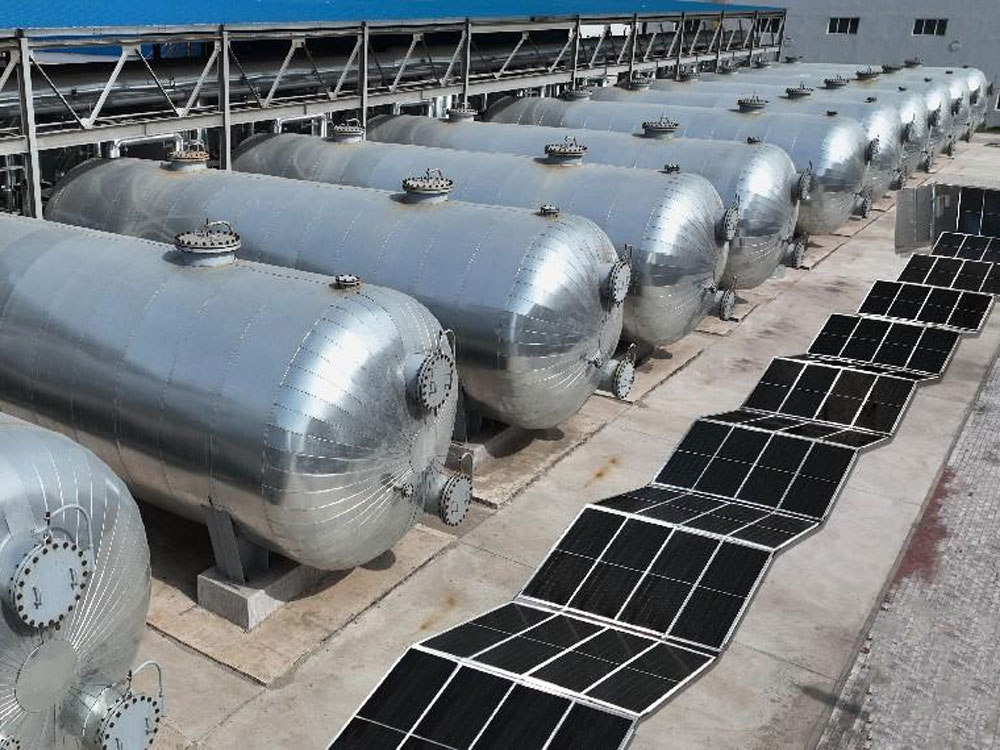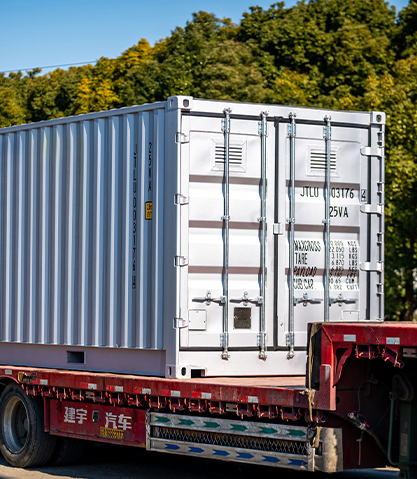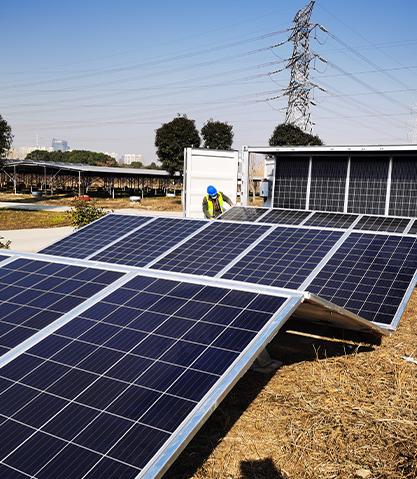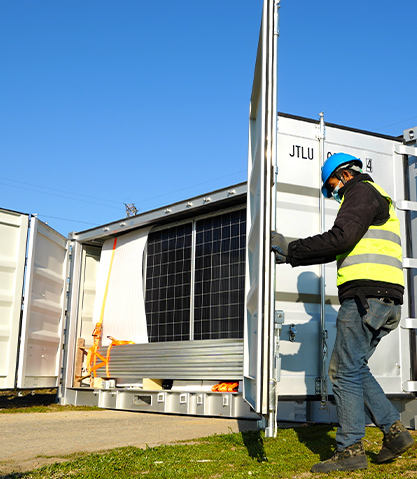Mobile solar power containers have emerged as a versatile and efficient solution for providing renewable energy in locations where traditional grid access is limited or unreliable. These self-contained units integrate solar panels, energy storage, inverters, and control systems within standard shipping containers, allowing for mobility, rapid deployment, and scalable power generation. The design makes them suitable for a wide range of industrial, commercial, and emergency scenarios.
Content
Construction and Remote Industrial Sites
One of the primary applications of mobile solar power containers is in construction and remote industrial projects. Sites such as mining operations, oil and gas exploration, and large-scale infrastructure projects often operate in areas without access to the electrical grid. Mobile solar containers provide a reliable source of power for lighting, machinery, communication systems, and safety equipment. Compared to diesel generators, these containers offer the advantages of reduced fuel costs, lower noise, and zero on-site emissions, making them both cost-effective and environmentally friendly.

Disaster Relief and Emergency Response
Mobile solar power containers are increasingly deployed in disaster relief and emergency response operations. Following natural disasters such as hurricanes, earthquakes, or floods, electrical grids are often damaged or entirely offline. Mobile solar units can be rapidly transported to affected areas, providing immediate electricity for medical facilities, emergency shelters, water treatment systems, and communication networks. Their mobility allows relief organizations to quickly adapt to changing conditions, ensuring power is available where it is most urgently needed.
Military and Defense Operations
In military and defense applications, mobile solar power containers are valued for their portability and self-sufficiency. Remote bases, forward operating locations, and field camps require reliable energy for communications, surveillance, and equipment operation. Solar containers reduce dependence on fuel convoys, enhance operational security, and minimize the logistical challenges associated with traditional power supply. Their robust design ensures durability in harsh environments and enables continuous operation in areas with limited infrastructure.
Events, Exhibitions, and Temporary Installations
Another common deployment scenario is in large-scale events, exhibitions, and temporary installations. Music festivals, sports events, outdoor exhibitions, and temporary construction camps require temporary power solutions that are clean, quiet, and easy to manage. Mobile solar power containers can be positioned strategically to supply electricity for lighting, sound systems, catering facilities, and other equipment, offering an environmentally responsible alternative to diesel generators.
Telecommunications and Remote Infrastructure
Telecommunications companies and operators of remote infrastructure increasingly rely on mobile solar power containers to maintain connectivity in off-grid or hard-to-reach locations. Cellular towers, satellite stations, and research outposts require uninterrupted electricity to support equipment and ensure operational reliability. Solar containers with integrated batteries provide stable energy even during periods of low sunlight, making them ideal for remote or challenging environments.
Agriculture and Rural Electrification
In agricultural operations and rural electrification projects, mobile solar power containers are used to provide irrigation power, water pumping, cold storage, and lighting. Farmers and rural communities benefit from clean, reliable electricity without the ongoing costs and logistical challenges of fuel-based generators. Modular and scalable designs allow these containers to be expanded as energy demand grows, supporting sustainable development initiatives.
Conclusion
Mobile solar power containers are deployed across a wide range of industries and scenarios where conventional power infrastructure is unavailable, unreliable, or undesirable. Their mobility, rapid deployment, and integration of solar generation with energy storage make them especially valuable in:
- Construction and remote industrial sites
- Disaster relief and emergency response operations
- Military and defense applications
- Large-scale events and temporary installations
- Telecommunications and remote infrastructure
- Agriculture and rural electrification
By providing clean, flexible, and reliable energy, mobile solar power containers offer an effective solution for industries and communities seeking sustainable alternatives to traditional fossil-fuel-based power. Their adaptability ensures that power is available wherever and whenever it is needed, improving operational efficiency, reducing environmental impact, and supporting critical services in challenging locations.

 English
English 中文简体
中文简体 عربى
عربى



